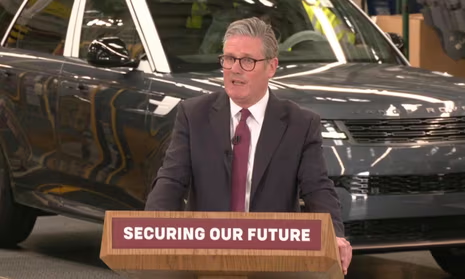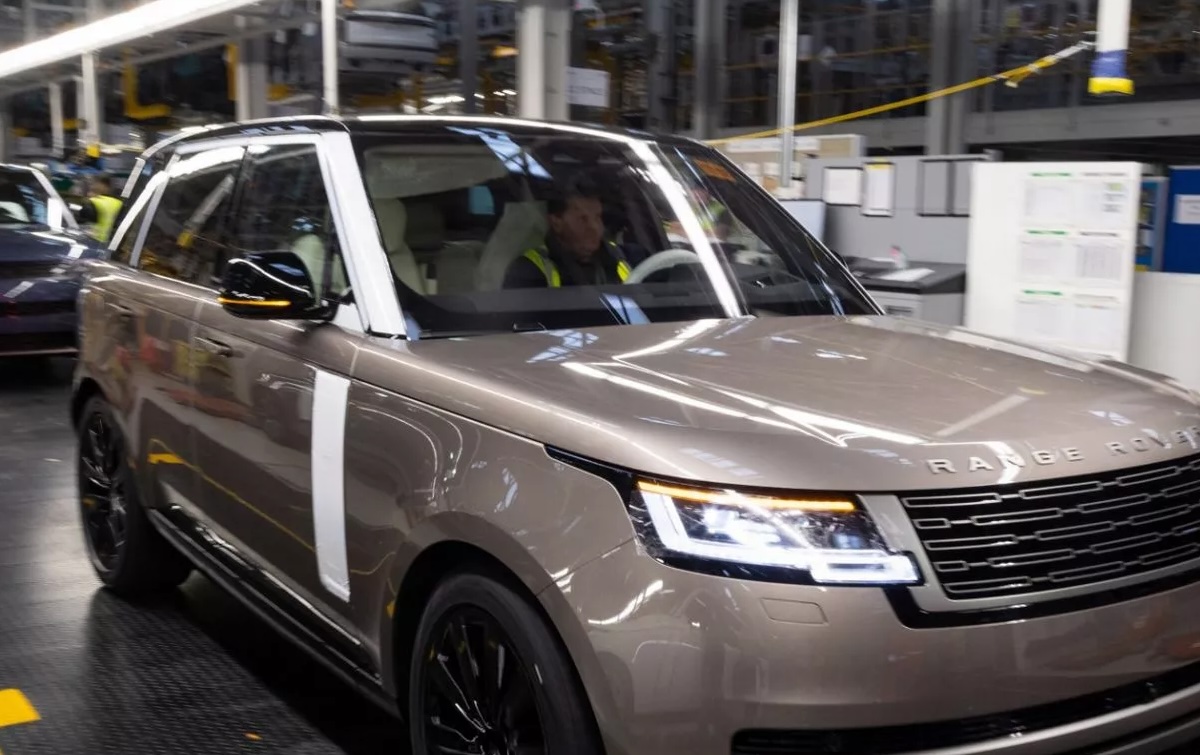Already a subscriber? Make sure to log into your account before viewing this content. You can access your account by hitting the “login” button on the top right corner. Still unable to see the content after signing in? Make sure your card on file is up-to-date.
Major automaker Jaguar Land Rover has temporarily halted shipments of its UK-made vehicles to the United States in response to newly imposed 25% tariffs by the Trump administration.
Some shit you should know before you read: If you didn’t know, Jaguar Land Rover (JLR) has a strong footprint in the US market, which has made up a big chunk of its global revenue in recent years. In 2023, Land Rover sold around 71,720 vehicles in the US, while Jaguar lagged far behind at about 7,790—continuing a long slide in performance. JLR runs through a network of roughly 320 dealerships across the US, employing an estimated 20,000 people, from sales reps to service techs and admin staff.

What’s going on now: Tata Motors (which owns JLR) said it’s pausing exports of UK-made vehicles to the US for April 2025, blaming the move on the fresh 25% tariffs announced by the Trump administration on April 3. The company called it a “short-term action” while it works on a mid- to long-term game plan to deal with the new trade reality. In a statement to the media, JLR said, “As we work to address the new trading terms with our business partners, we are enacting our short-term actions including a shipment pause in April, as we develop our mid- to longer-term plans.” So far, the pause only applies to April, but they didn’t rule out more changes if the situation drags on.
JLR added that there’s enough inventory already in the US to meet short-term demand, which should cushion the blow for dealers and buyers—for now.

This all comes as UK Prime Minister Keir Starmer toured the country’s largest Land Rover manufacturing facility. While there, he said, “Look, I think there are undoubtedly challenges here. Nobody welcomes tariffs; we don’t want to get into a trade war. Obviously, we will continue to talk to the US about a deal to alleviate the situation whilst keeping all options on the table. But what’s important—and in direct answer to your question—is at a moment like this, we have to shape our future, we have to step up. We can’t be cowed and simply say there are things happening in a changing world which make it more difficult and therefore we retreat. This is the moment to seize the opportunity.”






